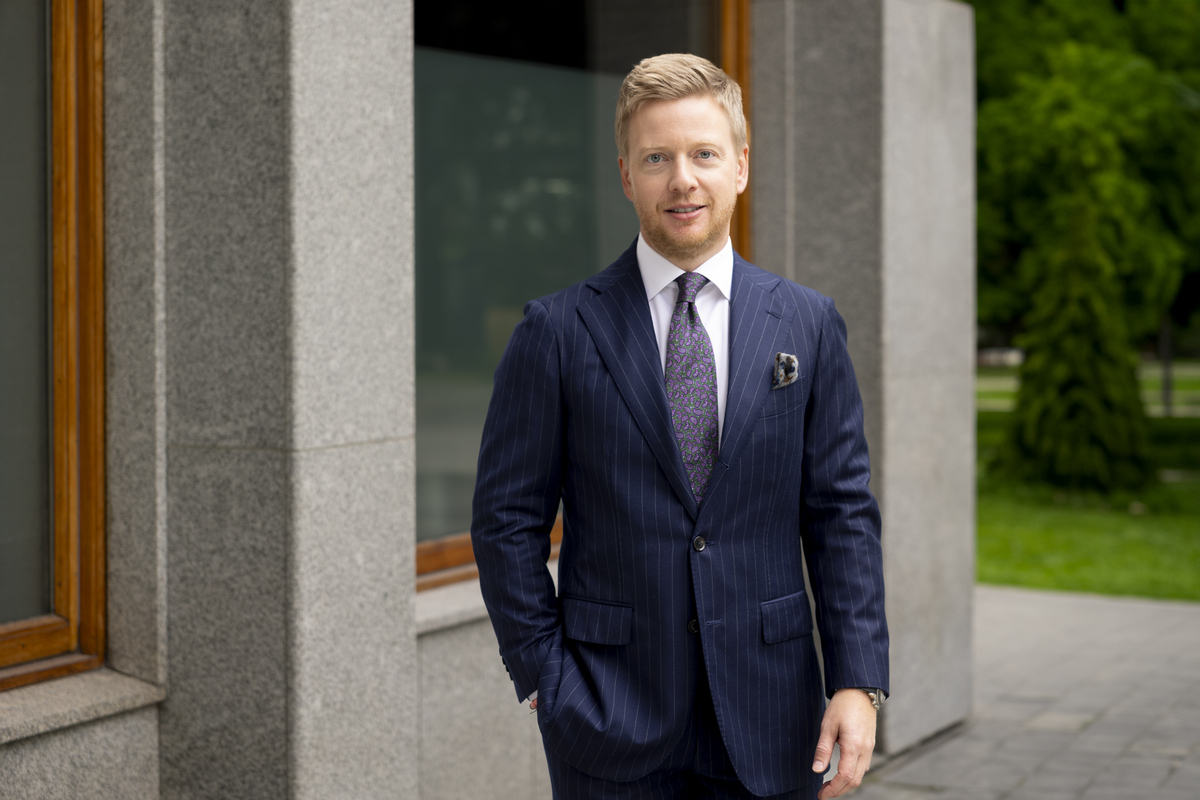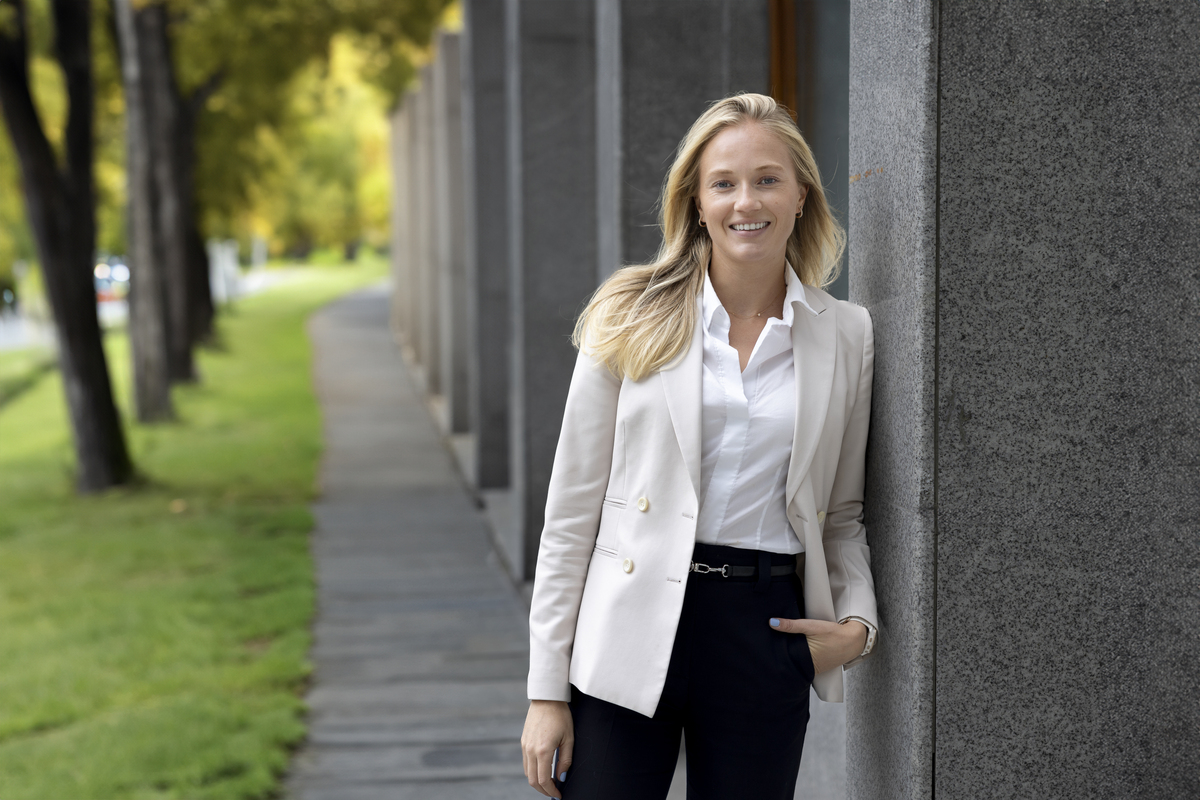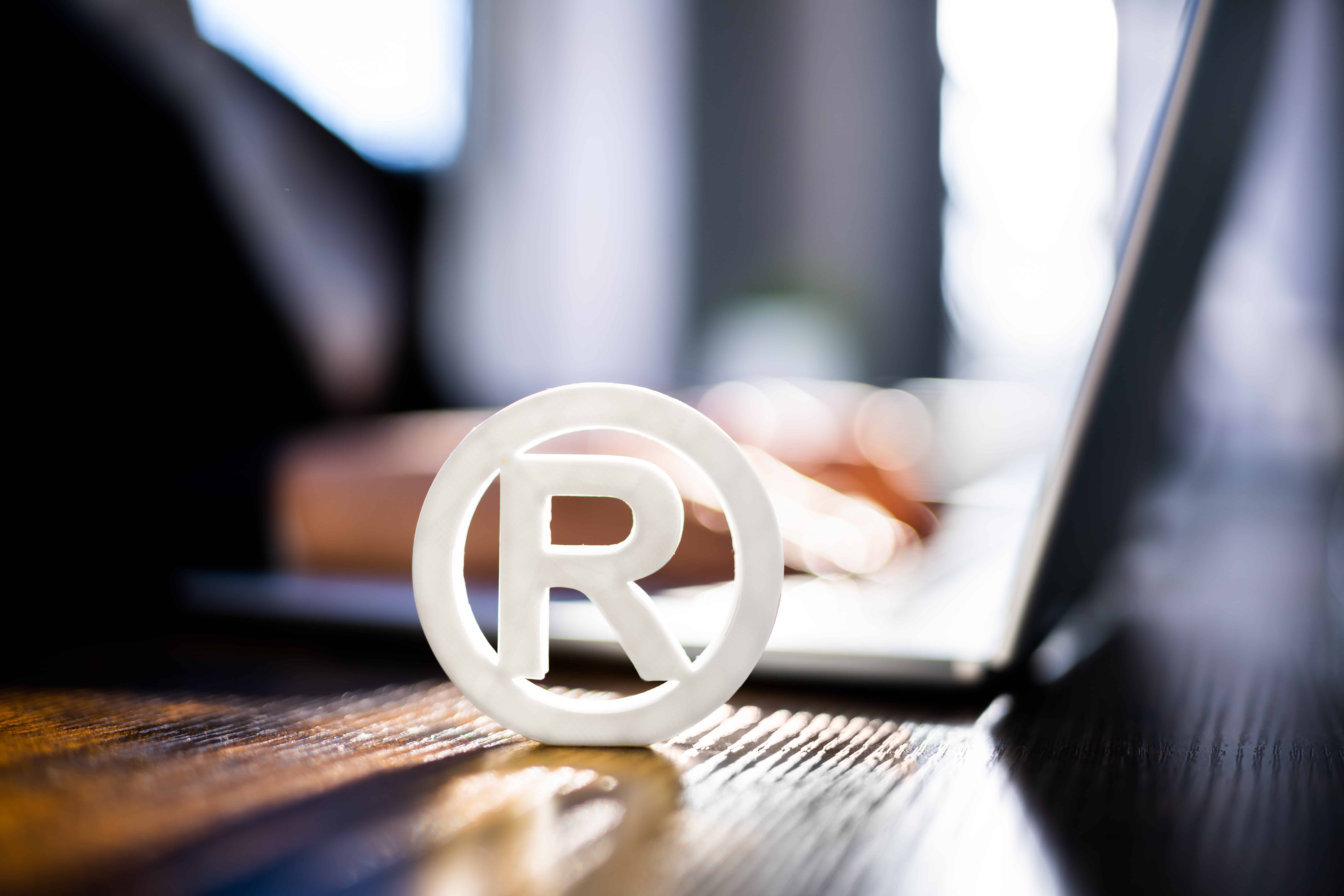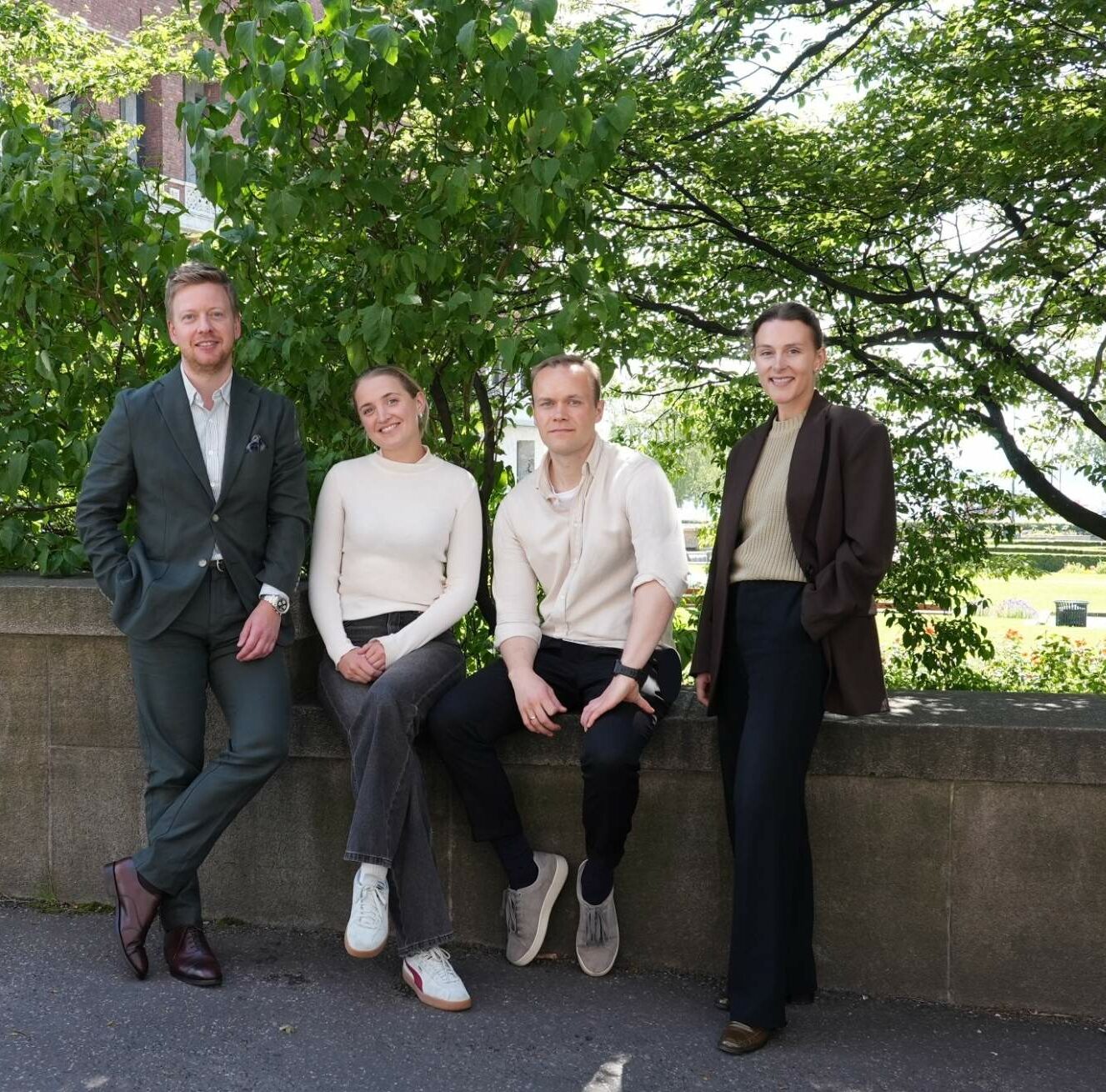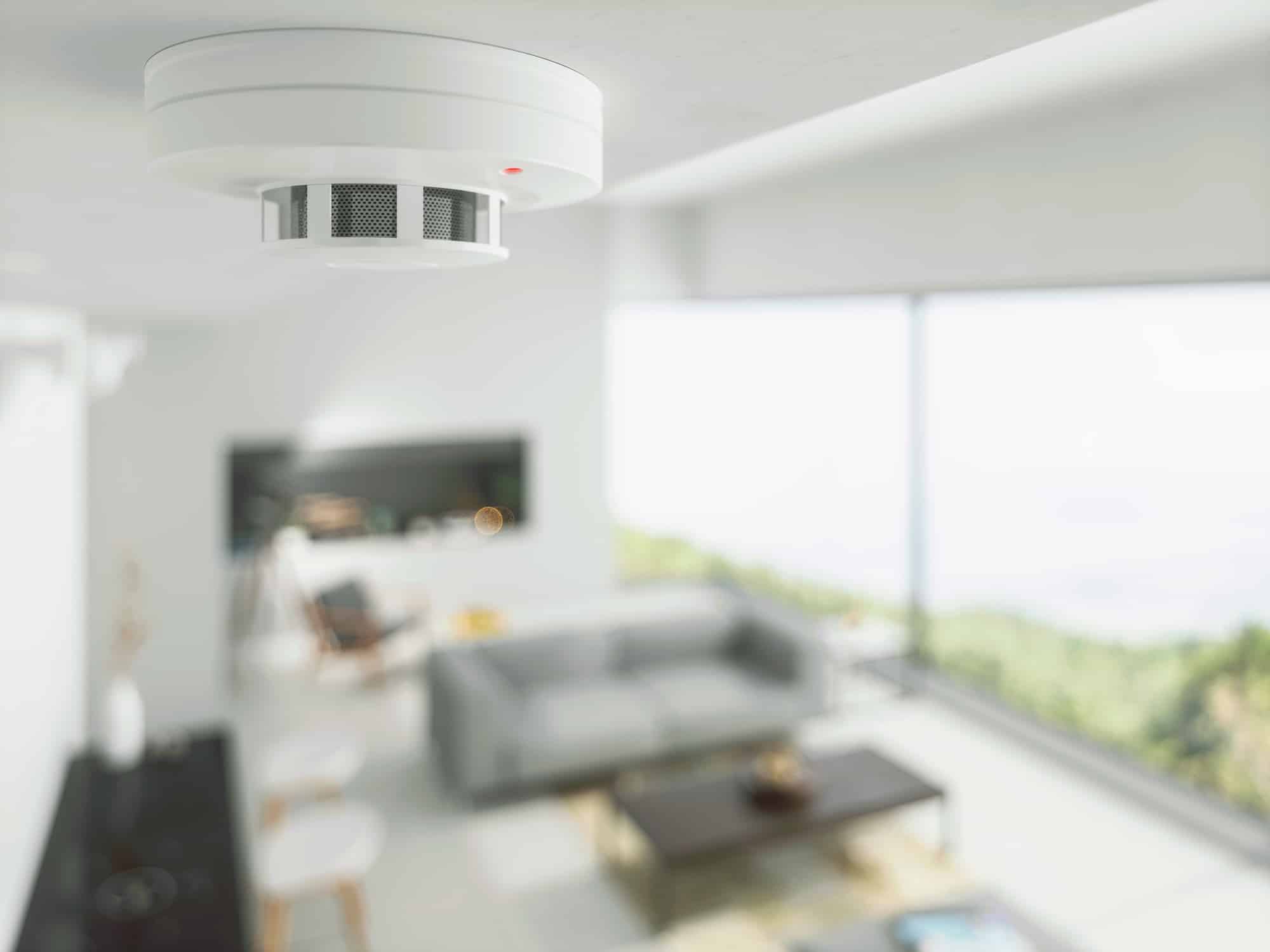
Verisure’s ZEROVISION mark found to be descriptive for smoke machines and security systems
In a blow to international security company Verisure, the Oslo District Court has upheld the refusal to register the mark ZEROVISION for smoke machines in Class 7 and security systems in Class 9.
On 17 June 2022 the Oslo District Court handed down its decision in the dispute between Verisure Sàrl and the Norwegian State/Board of Appeal for Industrial Property Rights (KFIR) (21-181946TVI-TOSL/04) regarding Verisure’s application for the word mark ZEROVISION for, among others, security systems (Class 9) and smoke machines (Class 7). Specifically, the question before the court was whether ZEROVISION was inherently descriptive – and not devoid of any distinctive character – for the goods applied for.
Background
Verisure is an international security company that sells alarm systems for companies and private homes. Verisure offers a smoke machine – sold under the mark ZEROVISION – as part of its product range related to alarm systems. When the smoke machine is triggered, it releases a dense fog that is supposed to restrict a burglar’s capability to move in situ.
Verisure applied for registration of the word mark ZEROVISION in Norway for the above-mentioned goods based on a Spanish registration dated 20 October 2017. Both the Norwegian Industrial Property Office (NIPO) and the KFIR rejected the application on the ground that ZEROVISION was devoid of any distinctive character (descriptive).
The KFIR’s decision was challenged by Verisure and brought before the Oslo District Court, which issued its decision on 17 June 2022.
Decision
In order to register a trademark in Norway, the mark must not be devoid of distinctive character (descriptive) and must be distinctive for the relevant goods and/or services.
In the present case, the Oslo District Court found that ZEROVISION would be perceived as being descriptive for machines that generate artificial smoke. In its assessment, the court emphasised that the intended purpose of such machines is to create smoke and affect visibility. In this context, ZEROVISION could be perceived as a quality indicator for such machines, as it proclaims to result in no vision at all.
Further, the court established that alarms that generate smoke are a common type of security alarms. On this basis, the court also found that ZEROVISION would be perceived as being descriptive of security alarm systems, since the mark indicates the intended purpose of one typical type of alarm system. Thus, the fact that ZEROVISION was not descriptive for other types of security alarm systems was not decisive (paradoxically, for even more common video surveillance systems, the term ‘zerovision’ would arguably not be considered as a quality indicator at all). According to the court, the average consumer would perceive ZEROVISION as an indication and description of the type of security alarm system, and not as a badge of commercial origin.
Verisure had also argued that, since the mark was registered in other jurisdictions, the application should also be allowed on Norway. In response, the court pointed out that it is the application of the law that is supposed to be harmonised under EU trademark law, not the results. However, this raises certain questions on the application of the principle of harmonisation in Norwegian trademark law. Arguably, according to a certain reading of previous Norwegian case law, the outcome in specific cases regarding similar trademarks in other jurisdictions may be of relevance – even if merely as a supportive argument.
The court thus concluded that ZEROVISION did not meet the registrability requirements under the Norwegian Trademarks Act.
The decision may still be appealed.
- Verisure applied for registration of the word mark ZEROVISION for smoke machines in Class 7 and security systems in Class 9
- The application was rejected by the NIPO and the KFIR on the ground that the mark was devoid of any distinctive character
- The Oslo District Court agreed, finding, among other things, that the average consumer would perceive ZEROVISION as a description of the type of security system
This article first appeared in WTR Daily, part of World Trademark Review, in July 2022. For further information, please go to www.worldtrademarkreview.com.
